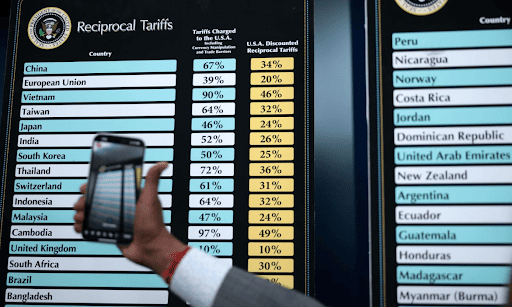The new PSPK framework, which includes PSPK 1 and PSPK 2, sets the standard for sustainability-related disclosures for businesses in Indonesia. These standards are becoming crucial as organizations are increasingly held accountable for their impact on both the environment and society. As such, PSPK 1 and PSPK 2 provide essential guidelines for companies to follow in their sustainability and climate-related practices.
PSPK 1: General Sustainability Disclosures
PSPK 1 focuses on general sustainability-related financial information. It requires businesses to disclose their risks and opportunities related to sustainability and how these factors affect their financial performance and position. Key areas covered under PSPK 1 include:
- Governance and strategy related to sustainability
- Risk management processes for sustainability-related risks
- Metrics and targets for sustainability goals
This standard ensures that organizations are not only aware of the financial implications of sustainability but also take proactive steps to manage these aspects across all their operations.
PSPK 2: Climate-Related Disclosures
PSPK 2 on the other hand, addresses the climate-related disclosures specifically. It mandates that businesses report on:
- Climate risks (both physical and transitional)
- Opportunities for sustainability linked to climate action
- Climate-related metrics and targets, including carbon emissions and environmental impact
This standard emphasizes the importance of climate change risks and opportunities in business strategy, requiring organizations to evaluate and disclose how these factors affect their operations, financial health, and long-term viability.
The Importance of PSPK 1 & PSPK 2 for Organizations
For organizations in Indonesia, PSPK 1 and PSPK 2 are becoming crucial for demonstrating corporate responsibility, managing sustainability risks, and ensuring transparency. These standards are not limited to any one department or function but apply across the organization. Whether it’s in strategy development, supply chain management, financial reporting, or workforce engagement, these guidelines touch all aspects of business operations.
PSPK 1 calls for companies to embed sustainability into their overall strategy and financial disclosures, ensuring that the impact of sustainability is reflected throughout their financial statements and business models. PSPK 2, focusing on climate change, directs organizations to evaluate how they will respond to climate risks and opportunities and how these will influence their climate-related strategies and performance.
Why PSPK 1 and PSPK 2 Matter?
These frameworks are essential for organizations looking to sustain long-term growth while managing climate and sustainability risks. They are becoming increasingly important as stakeholders—ranging from investors to customers and employees—demand transparency and accountability regarding sustainability efforts.
PSPK 1 and PSPK 2 are not just regulatory requirements but opportunities for companies to strengthen their market position and improve risk management. By ensuring full compliance and aligning with these standards, organizations can gain a competitive edge, improve their brand image, and attract investment from sustainability-conscious stakeholders.
The implementation of PSPK 1 and PSPK 2 is not just about meeting regulatory standards—it’s about embedding sustainability into the very fabric of your organization. At Sinergis, we offer the expertise and support to guide organizations through this transformation, ensuring that sustainability becomes a core driver of business success.
By integrating these standards into your strategy, operations, and reporting, we help you achieve compliance while also ensuring that your organization thrives in a sustainable, climate-conscious future.
How Our PSPK Monthly Shared Service as Can Support Your Organization in Complying with PSPK 1 and 2
At Sinergis, we understand the challenges and complexities businesses face in aligning with the requirements of PSPK 1 and PSPK 2. Our services are designed to provide holistic support to organizations across all sectors, ensuring that they not only comply with these standards but also integrate sustainability practices into every aspect of their operations.
1. Strategic Support for Compliance
We assist organizations in integrating sustainability principles across their business models and strategies, helping them to comply with PSPK 1 by developing a clear and measurable approach to sustainability.
2. Climate Action Strategy Development
For PSPK 2, we help businesses identify climate-related risks and opportunities, ensuring that these are incorporated into their operational and financial strategies, from energy usage to regulatory changes.
3. Sustainability Reporting and Metrics
Our team ensures that PSPK 1 and PSPK 2 compliance is reflected in accurate sustainability disclosures and financial reporting, guiding organizations to present clear metrics and targets that meet industry standards and regulatory expectations.
4. Cross-Departmental Alignment
We help organizations achieve alignment across departments—from HR to procurement, finance, and operations—ensuring that every part of the business contributes to the overall sustainability goals. This includes adapting reporting frameworks, training employees, and optimizing internal processes for better environmental performance.
5. Long-Term Sustainability Integration
Beyond compliance, we work with organizations to future-proof their operations. By integrating climate action and sustainability into their core strategies, we help companies become more resilient to market and environmental changes





